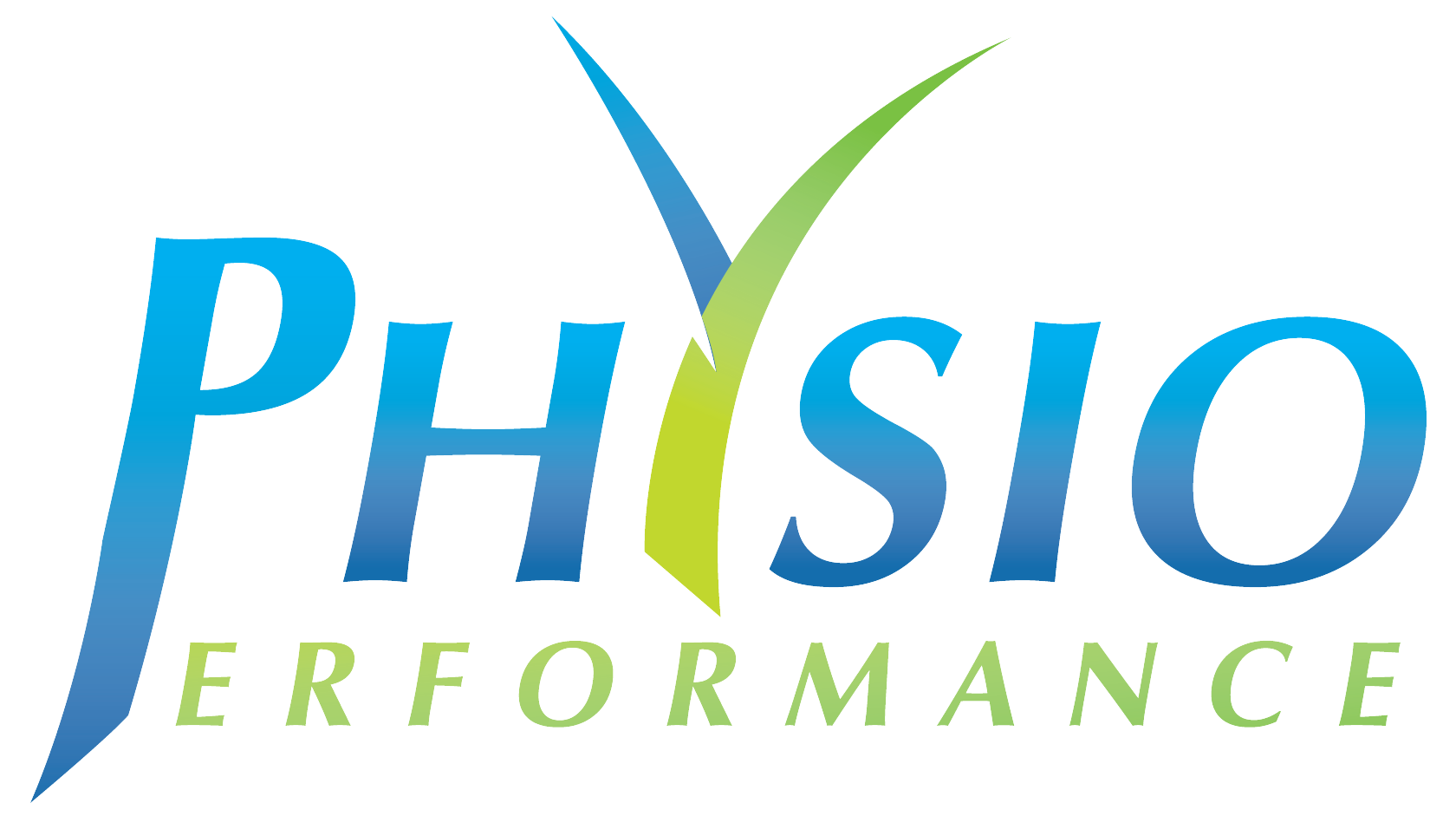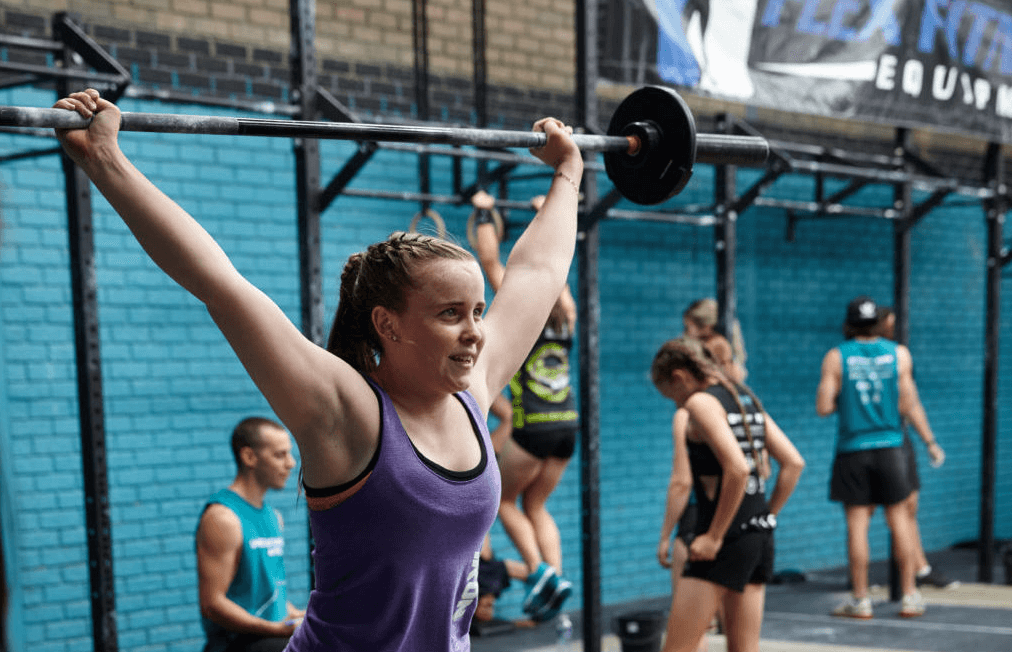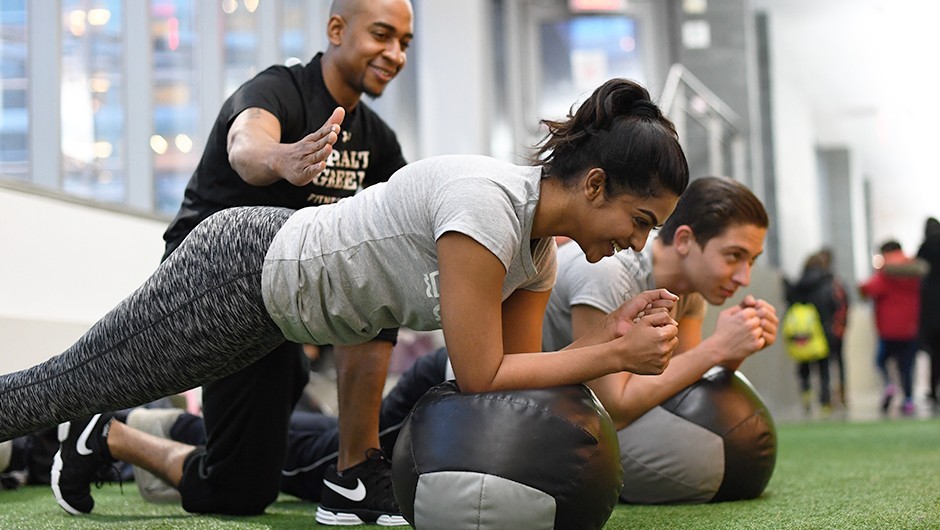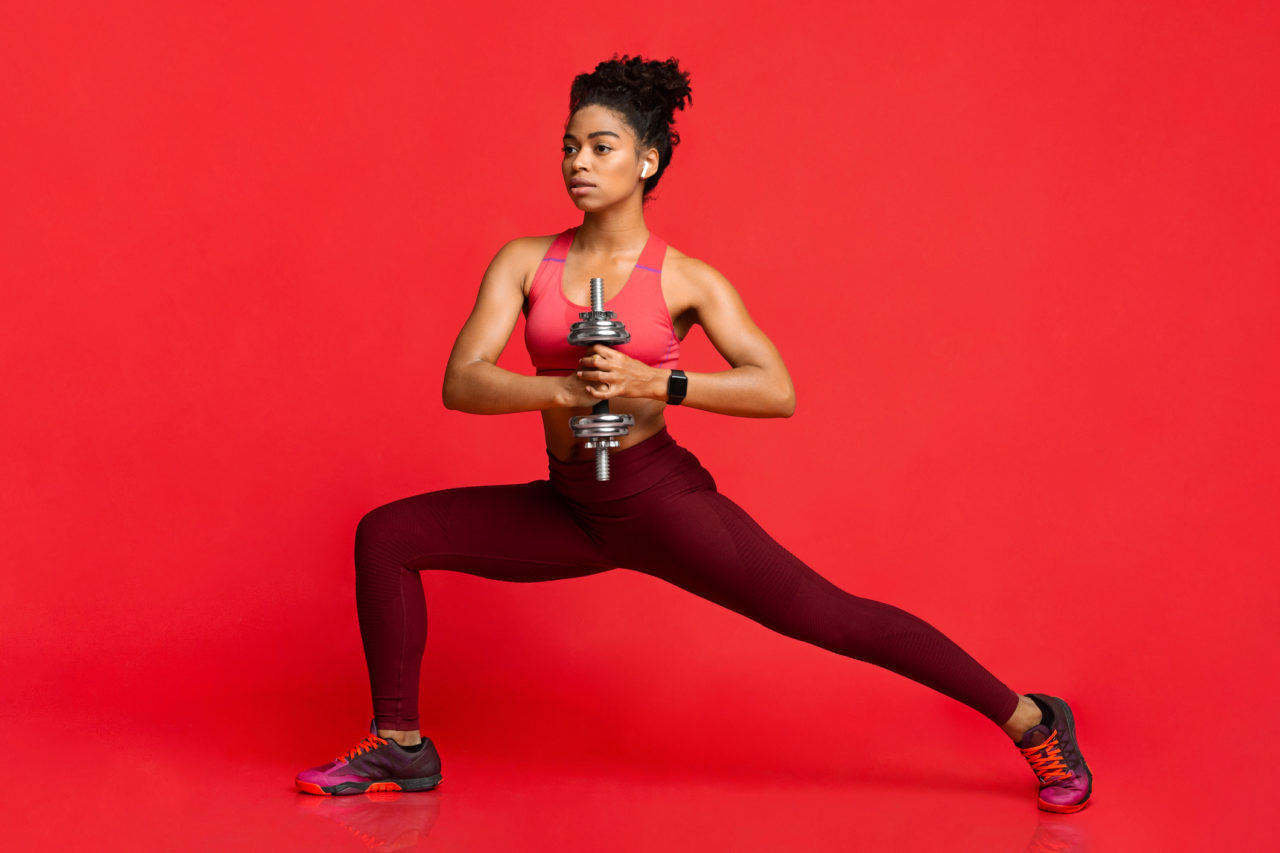Here ay Physio Performance, we are frequently asked these questions from parents in the Drogheda area:
Should my teenager be lifting weights?
Is it safe?
Will it stunt their growth?
How do I make sure they are not lifting too heavy?
Below we are going to answer these common questions by explaining the benefits of strength training and what the best approach is to help your teen start on their strength and fitness journey in a safe and enjoyable way.
Strength training (also called resistance training) is a way to build muscles and strength using free weights, kettlebells, weight machines, resistance bands, or a person’s own weight. Teens may want to strength train to improve sports performance, treat or prevent injuries, or improve appearance. Besides building stronger muscles, strength training can:
- Improve overall fitness.
- Increase lean body mass (more muscle, less fat).
- Burn more calories.
- Make bones stronger.
- Improve mental health.
Contrary to what some people think, research shows that strength training is one of the safest “sports” you can engage in. In one review of 20 studies, scientists found that, on average, strength training produced just one injury for every 1,000 hours of training.
To put that in perspective, if you spend 5 hours per week weightlifting, you could go almost four years without experiencing any kind of injury whatsoever. Researchers also noted that most of the injuries tended to be minor aches and pains that didn’t require any type of special treatment or recovery protocols. In most cases, resting with a bit of ice and heat was able to resolve the issue.
For comparison, sports like football, soccer, and rugby have injury rates ranging from 6 to 260 per 1,000 hours, and long-distance runners can expect about 10 injuries per 1,000 hours of pavement pounding. In other words, you’re about 6 to 10 times more likely to get hurt playing everyday sports than hitting the gym for some heavy weightlifting.
That being said, weightlifting can be quite dangerous when done improperly. If you don’t learn proper form on key exercises and take care to progress gradually, it’s very easy to get hurt in the gym. If you do, though, your chances of injury are quite slim.
In order to safely begin resistance training, it is important teens do this under the supervision of a trained professional. Overall volume of strength training should range from 2-3 sets per exercise with a major focus on bodyweight-based movements.
While external weight is suitable through kettlebells, bands, free weights etc, a focus should be established early on controlling lighter weights for higher numbers of repetitions. The focus on proper form and technique during lifts is crucial to the early stages of strength training, and another reason to use lighter loads with all lifts.
Applying proper technique in the early stages of training will have major benefits for future training, and allow the teens to successfully progressively overload their training programmes from an early stage. Focusing on proper technique will also help to minimize the risk of injury going forward as heavier loads or increased volume are added to the programme.
It is important to follow a well periodized (laid out) programme while resistance training. This is in place to allow for optimal recovery between sessions, as well as ensuring that all of the major muscle groups of the body are exercised on a weekly basis. Following a structured plan also helps to avoid the risk of overtraining in the young athlete.
Looking for more information on strength training for teenagers?
From advice to sports injuries to strength & conditioning programs, Physio Performance is here to help you from start to finish!
Next step:
Want to get in touch with our team?
You can contact us on 041-9877059 or at info@physioperformance.ie. You can also book an appointment online with us HERE.

/kettlebell-resistance-band-heavier-weights-trick-2000-e69dbb1dad0749cd8d47028beb659828.jpg)


